Looking for life after Google Reader? Here's what you need to know!

Google Reader will soon be gone, and anyone who uses it daily — like everyone here at Mobile Nations — will have to make a decision on how to carry on their RSS love affair. Fortunately, it's no longer the disaster we all feared on first hearing the news, and we're actually left with an ample selection of replacements. Here's everything you need to know.
Export your feeds from Google Reader, like, now!
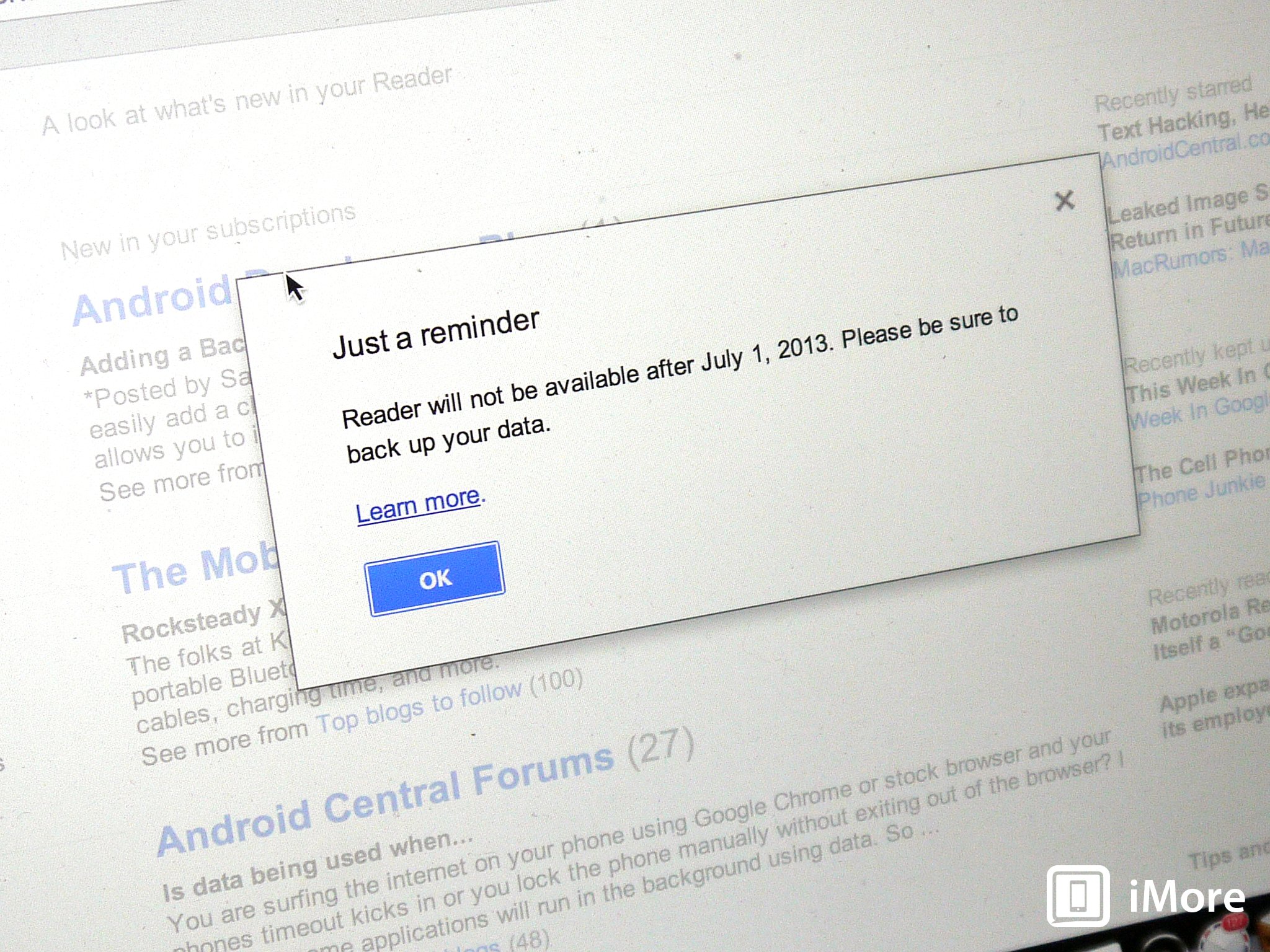
The absolute first thing you should do if you haven't already, is export all of your Reader information through Google Takeout. After shutdown, it will be gone, so unless you want to start again from scratch, do it. Do it now. And if you're not sure how, we've got you covered with a full walkthrough.
If you're quick, and do it before July 1, several alternative solutions will allow you to import your RSS feeds directly from Google Reader into their apps. This includes popular titles like Flipboard and Feedly, and should take some of the pain away of transferring your feeds.
Alternative providers - Feedly
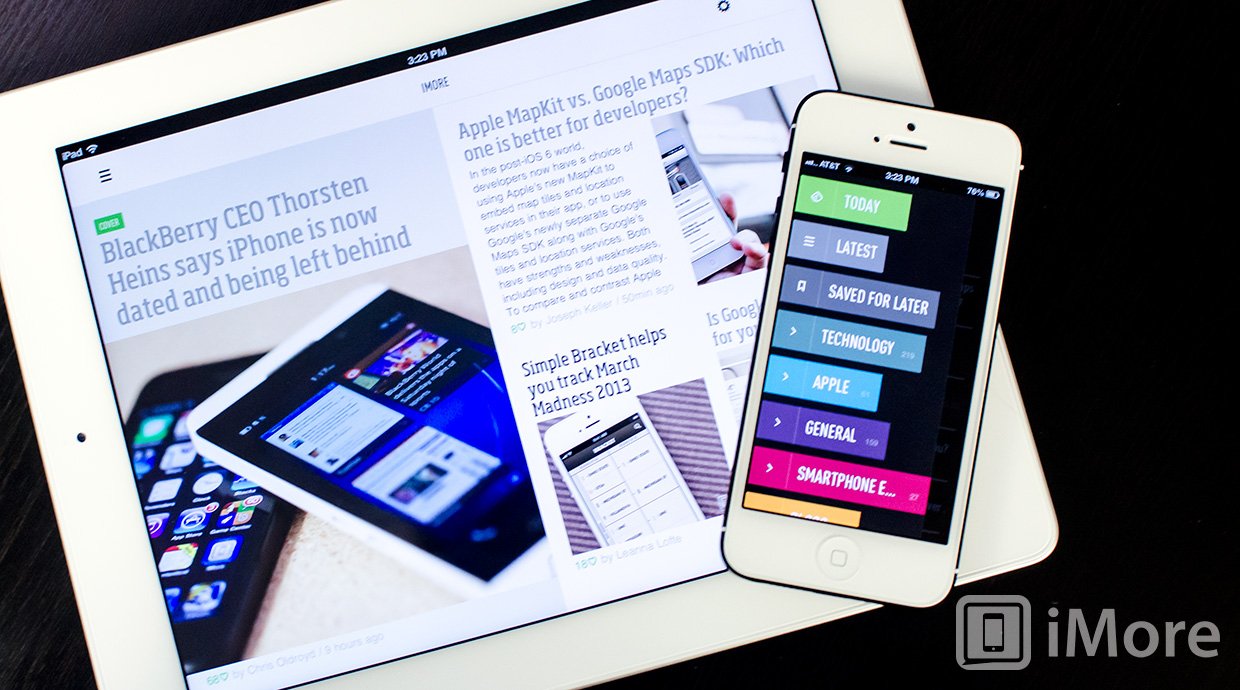
In looking for an alternative provider, thankfully there's several different paths you can take. Some free, some not so free, but all more than capable.
Feedly quickly emerged as an early favorite, in no small part down to their work to clone the Google Reader API, transfer people across seamlessly, and provide their own API to other third-party apps to hook into. Feedly does have an app for iOS, but not for the Mac, but they have just launched "Feedly Cloud" and a new web interface along with it. Hit them up before July 1 and let them do all the work for you.
If the Feedly app doesn't do it for you, then take a look at Newsify for iOS, which has already been updated to switch over to the Feedly API.
Alternative providers - AOL and Digg
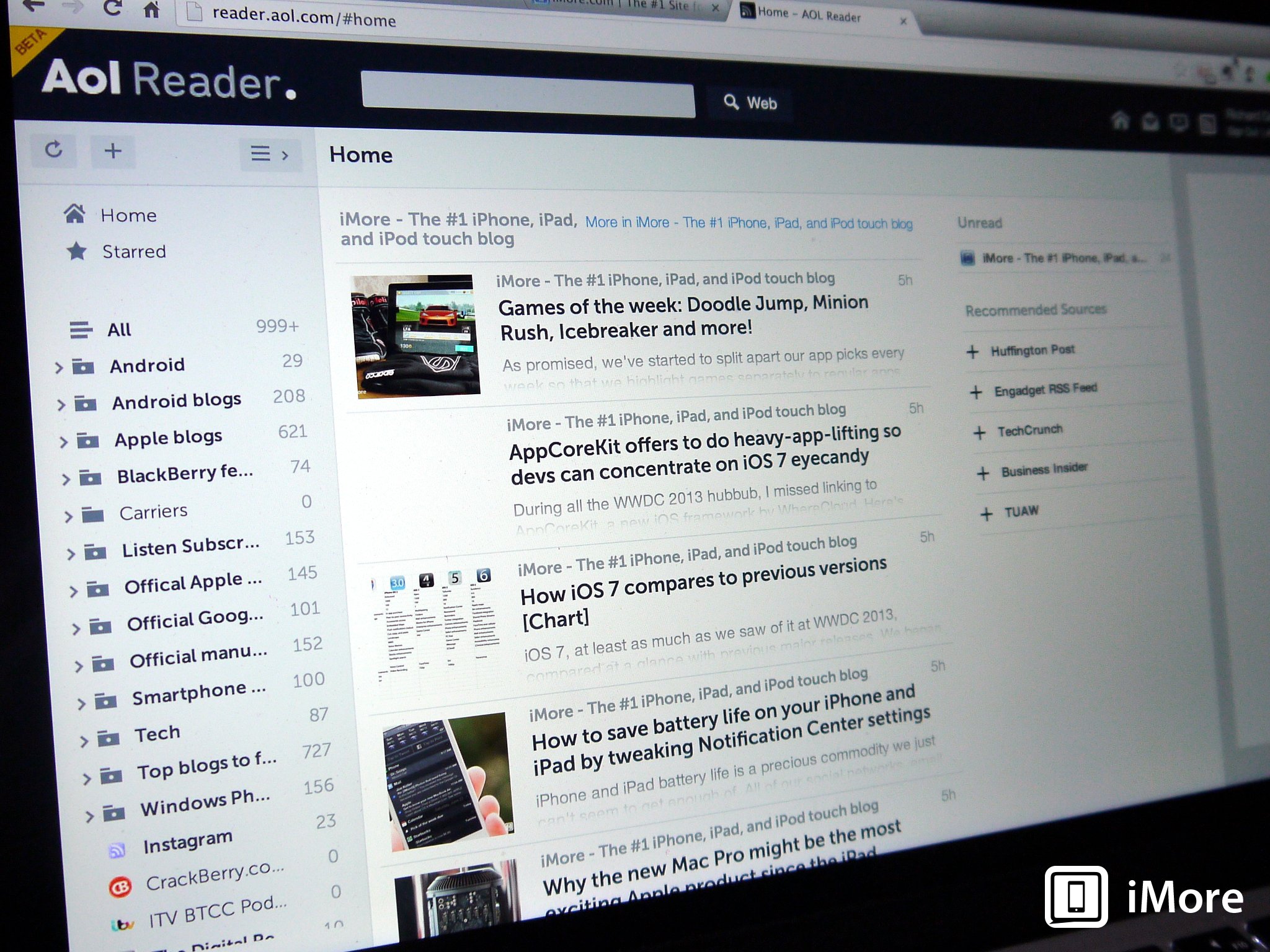
New to the RSS game, AOL and Digg are both looking to take over where Google downed tools. Digg announced their product pretty early on, and it's finally, almost, with us for use. Early reports are mixed, but there's clearly some promise. At the time of writing, the Digg app hasn't yet been updated, and we haven't had chance to take a look at the web client, either. But, if you're interested, stick your name in the hat for access; Digg is reportedly allowing people in gradually to ensure the service remains stable.
iMore offers spot-on advice and guidance from our team of experts, with decades of Apple device experience to lean on. Learn more with iMore!
AOL came from literally nowhere, and just a couple of days after an announcement the doors were opened. Initially, AOL Reader is in beta, though access seems to be pretty wide, and is in web only form. Our early impressions are that it's a pretty good, if unremarkable product. Import your Google Reader subscriptions to AOL Reader by way of an OPML file and you're good to go. iOS apps are inbound, though AOL hasn't yet said when.
- First look at the new AOL Reader beta
- Request access to AOL Reader beta
Alternative providers - Pulse
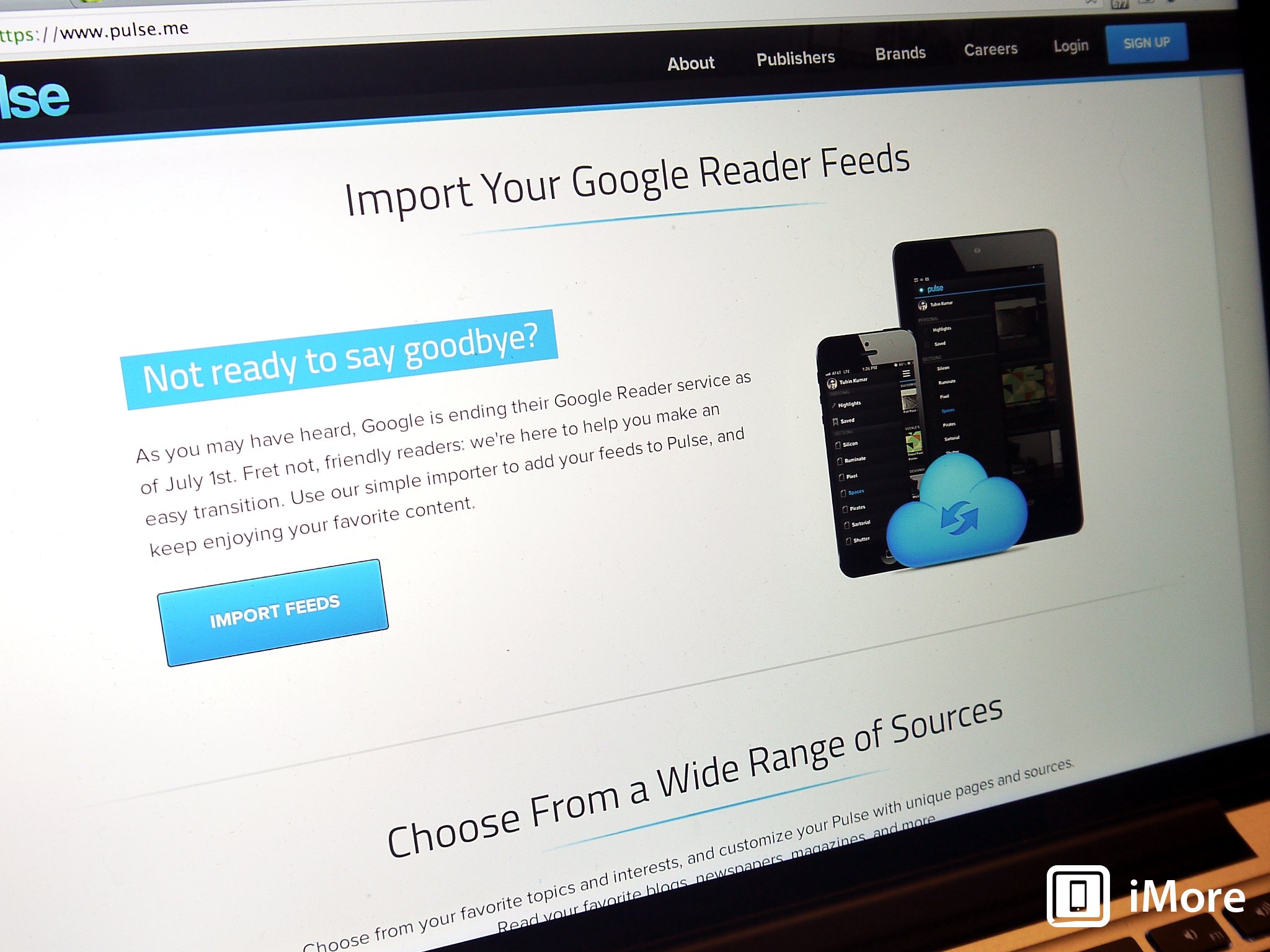
Pulse is a news aggregating app that's been around for as long as we can remember. It's perhaps not the first port of call for RSS power users; Pulse offers a more visual, magazine style interface that's very pleasing on the eye. It has plenty of features, including support for Pocket, Evernote and other read later services, and importantly Pulse will import all your Google Reader feeds for you into a new or existing Pulse account.
There's no native Mac client for Pulse, but there is a pretty nice looking web app to keep you up to date while you're at the computer. It also syncs reading progress across to your mobile Pulse apps too, which is exactly what we'd hope for.
- Pulse web app
- Download Now - Pulse for iOS
Alternative providers - Flipboard

Flipboard needs little introduction, but it's not perhaps the first app you'd think of moving your RSS feeds to. But, you can, and it'll probably be nicer on the eye than most other solutions out there. If that's what you're looking for, we've got you covered with a walkthrough on how to import your Google Reader feeds into Flipboard.
Alternative providers - The paid subscription clients
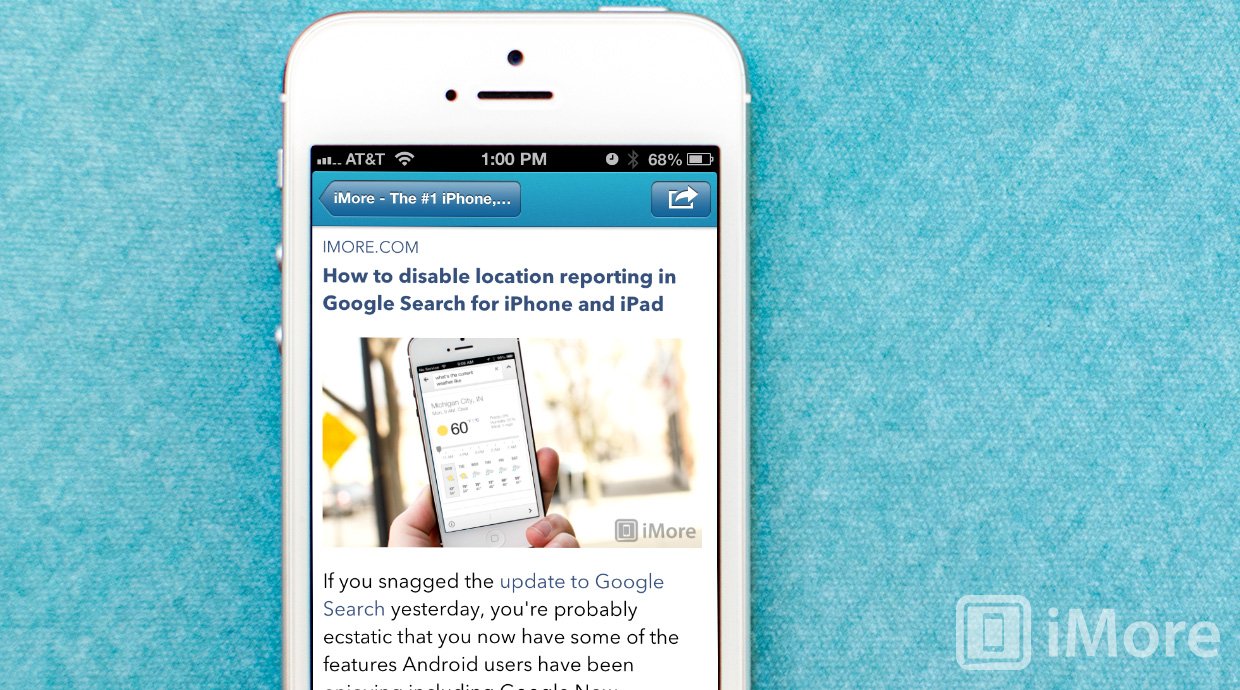
Feed Wrangler bills their offering as a "modern, sustainable RSS reader." It comes with free apps for iOS, and will import from Google Reader. But, it costs $19 a year. The app is fast, clean and simple, and a great reading experience, but with so many other free options out there now, it's unclear how many folks will be willing to pay.
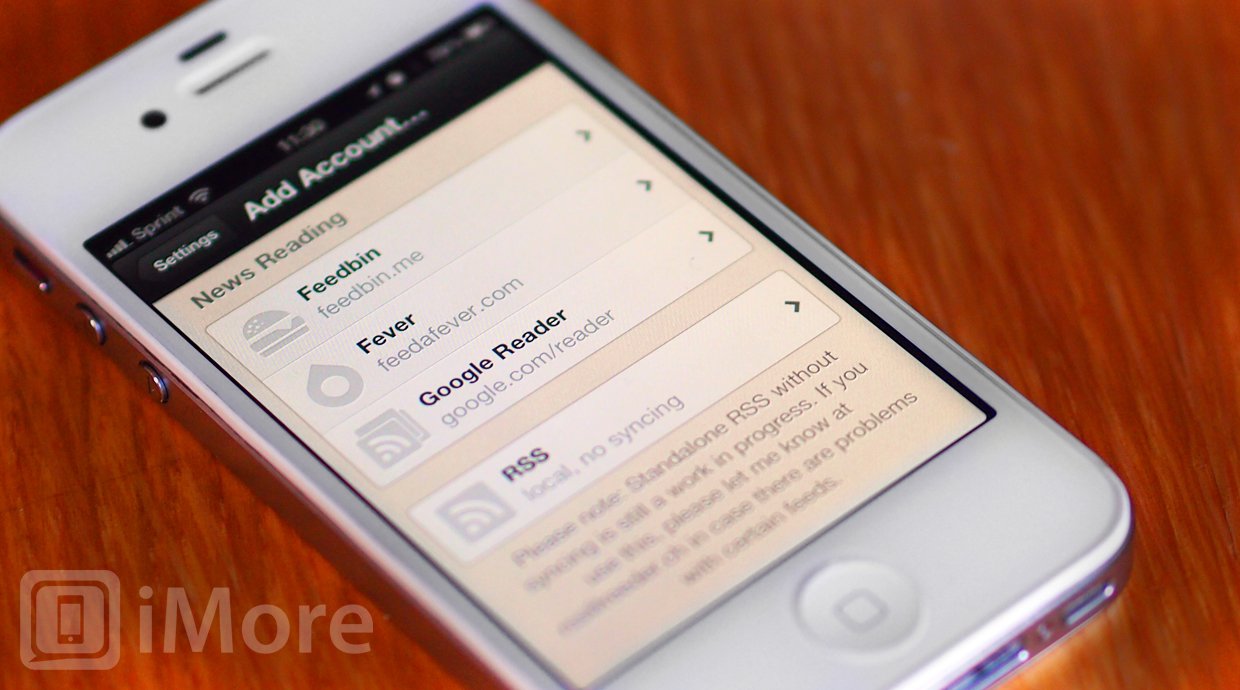
Feedbin sits in a similar seat to Feed Wrangler, only slightly more expensive again. A Feedbin subscription is $2 per month, so only slightly more than Feed Wrangler, but still more. Feedbin's advantage comes more with the third-party apps which hook into it, including the extremely popular Reeder. The iPhone version of Reeder has already been updated to add Feedbin support, and the Mac and iPad versions can currently be had for free until they have been updated to receive the "same sharing and syncing support." So, if you love Reeder, a Feedbin subscription could be a good way to go.
- More information - Feedbin
- Download Now - Reeder for iPhone ($2.99)
- Download Now - Reeder for iPad (Free)
- Download Now - Reeder for Mac (Free)
Reeder also supports Fever, another paid subscription service costing $30 a year. Fever isn't a service we're that familiar with, but its "hot list" works as such:
To make the most of the Hot list, Fever asks you to make a simple distinction between essential and supplemental feeds. Essential, must-read feeds are Kindling. Supplemental, low signal-to-noise feeds are Sparks. Sparks ignite Kindling raising the temperature of items and links that should not be missed.
What are you going to be using?
There's a lot of RSS apps out there for Mac and iOS that make use of some or all of these different providers, or use something different entirely. If you have a favorite RSS app or service, be sure to drop it into the comments below and let us know why you like it. It might just be the perfect solution for another member of the iMore community!

